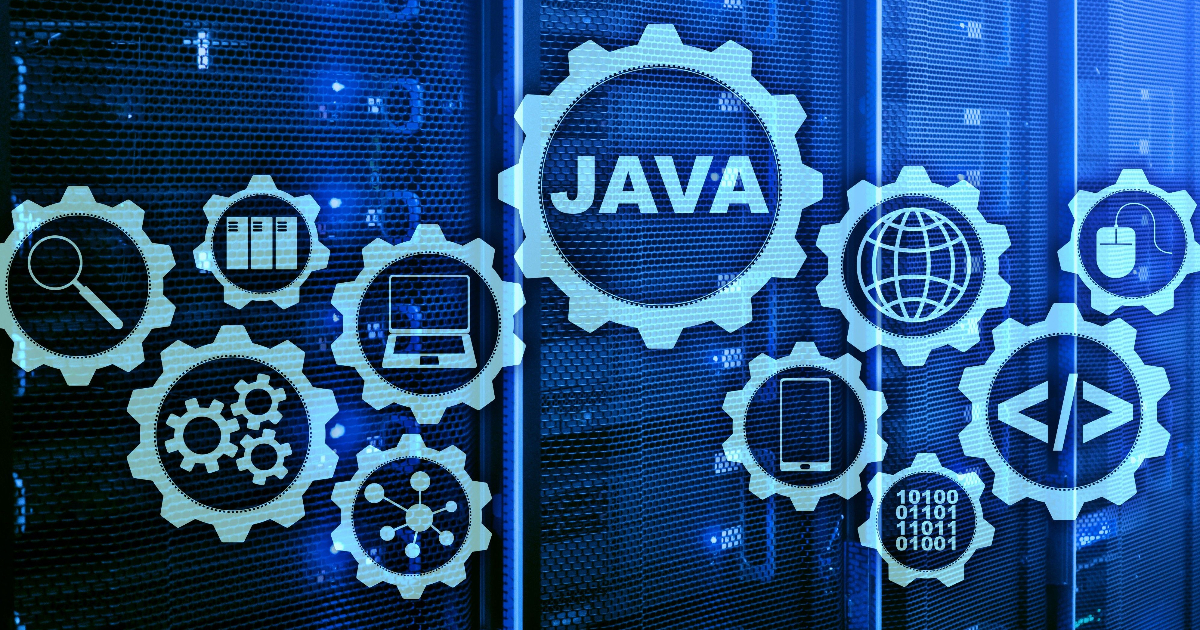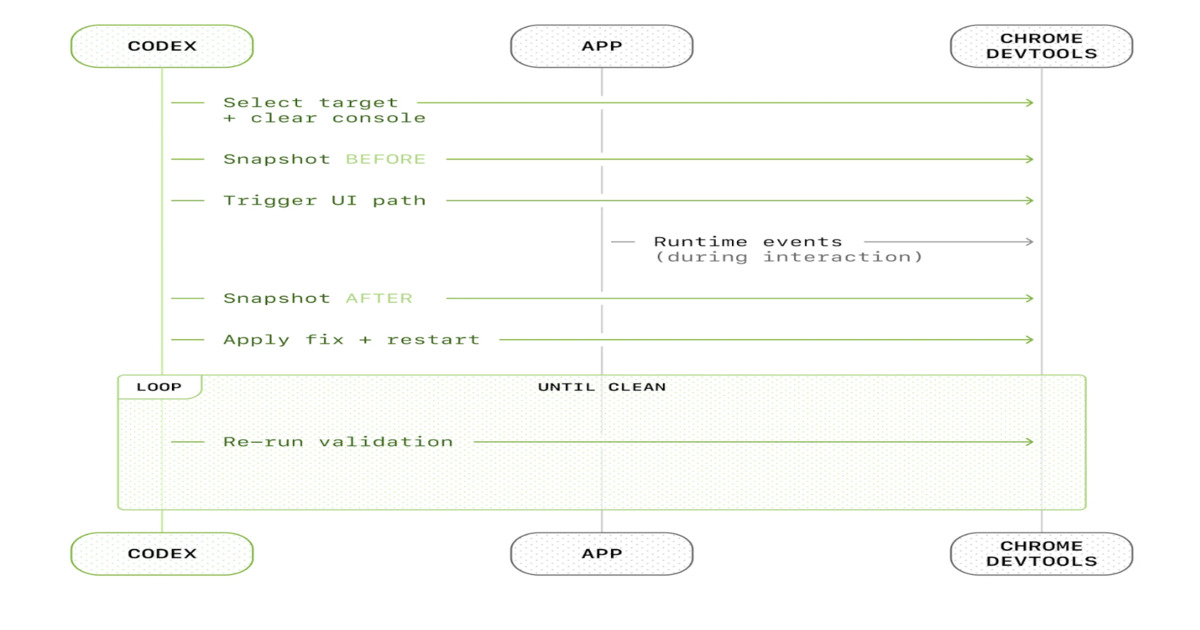Codetown
Codetown ::: a software developer's community
Kotlin Thursdays - Kotlin Koans with Ben Rodriguez Part 2
Kotlin Thursdays: Kotlin Koans with Ben Rodriguez
Part 1 here: https://codetown.com/group/kotlin/forum/topics/kotlin-thursdays-kot...
Welcome, all to another week of Kotlin Thursdays. In this week we are going to dive deeper into Kotlin Koans and like all koans, this one is going to get more difficult. This week we are going to cover default arguments, lambdas, strings and data classes. These koans are a great way to get into functional programming and learn about the kotlin syntax.
Within default arguments, we are going to you will see how kotlin can take declare an argument at the beginning of the function. Using this notation at the beginning of the function for some makes the code easier to read and support. Having the declarations at the top also reduces the lines of code so there is less sifting through lines. I learned how to do this type of declarations earlier and I always preferred that style.
Lambdas are still confusing to me. My first introduction into lambdas was playing with them on Amazon Web Services. I then saw that lambdas popped up in Java 7 and 8. I’m glad I can see them again here. I was a little confused about the “it” convention which confused me. When I read through the function from right to left the use of ‘it” makes perfect sense.
Strings glorious strings yes I sing this out loud often. This koan teaches us about string literals and string templates and how to use them. I weird but for some reason, this koan makes me happy. I think when I started down my Kotlin journey this is where things started making sense to me.
The last koan we explore is the data class. Within the data class koan we see some the readability of Kotlin shine. We are given a class in java and then rewriting the class in kotlin and as you might have guess writing in Kotlin is cleaner.
I hope you enjoy the Kotlin Thursdays episode!
For this walkthrough, you will need to install the EduTools plugin into IntelliJ!
https://www.jetbrains.com/help/education/install-edutools-plugin.html?section=IntelliJ%20IDEA
Here is another overview of what we are doing -
https://www.jetbrains.com/help/education/learner-start-guide.html?s...
Websites and Courses
Think of these resources as supplemental if you happen to be more curious. We always encourage looking into documentation for things you use!
- Udemy “Kotlin for Beginners: Learn Programming With Kotlin”: https://www.udemy.com/kotlin-cou...
- Treehouse ”Kotlin for Java Developers”: https://teamtreehouse.com/librar...
- Pluralsight “Kotlin Fundamentals”: https://www.pluralsight.com/cour...
- Most popular Kotlin projects, libraries and other frameworks: https://kotlinlang.org/docs/reso...,
- Kotlin Koans: https://kotlinlang.org/docs/tutorials/koans.html
- Coursera "Kotlin for Java Developers": https://www.coursera.org/learn/kotlin-for-java-developers
Books
- Kotlin in Action by “Dmitry Jemerov and Svetlana Isakova”
- Hands on Microservices with Kotlin by “Juan Antonio Medina Iglesias”
Tags:
Replies to This Discussion
-
Permalink Reply by Michael Levin on November 15, 2018 at 4:16pm
-
Super! Can’t wait to work through it!
-
Notes
Welcome to Codetown!
 Codetown is a social network. It's got blogs, forums, groups, personal pages and more! You might think of Codetown as a funky camper van with lots of compartments for your stuff and a great multimedia system, too! Best of all, Codetown has room for all of your friends.
Codetown is a social network. It's got blogs, forums, groups, personal pages and more! You might think of Codetown as a funky camper van with lots of compartments for your stuff and a great multimedia system, too! Best of all, Codetown has room for all of your friends.
Created by Michael Levin Dec 18, 2008 at 6:56pm. Last updated by Michael Levin May 4, 2018.
Looking for Jobs or Staff?
Check out the Codetown Jobs group.
InfoQ Reading List
Spring News Roundup: Second Milestone Releases of Boot, Security, Integration, Modulith, AMQP

There was a flurry of activity in the Spring ecosystem during the week of February 16th, 2026, highlighting the second milestone releases of: Spring Boot; Spring Security; Spring Integration; Spring Modulith; and Spring AMQP; along with the first milestone releases of Spring Session, Spring for Apache Kafka and Spring LDAP.
By Michael RedlichDatabricks Introduces Lakebase, a PostgreSQL Database for AI Workloads

Databricks has recently announced the general availability of Lakebase, a serverless, PostgreSQL-based OLTP database that scales compute and storage independently. Lakebase is designed to integrate with the Databricks platform, providing a hybrid solution that combines both transactional and analytical capabilities.
By Renato LosioTypeScript 6 Beta Released: Developers Invited to Upgrade to Prepare for the Go Rewrite

The TypeScript team recently released TypeScript 6 in beta. The release serves as a key transition point rather than a full feature release. It focuses on technical debt elimination and standardization, preparing the ecosystem for TypeScript 7, a rewrite of the TypeScript code in Go that seeks to address core performance issues that ballooned over time.
By Bruno CouriolOpenAI Introduces Harness Engineering: Codex Agents Power Large‑Scale Software Development

OpenAI introduces Harness Engineering, an AI-driven methodology where Codex agents generate, test, and deploy a million-line production system. The platform integrates observability, architectural constraints, and structured documentation to automate key software development workflows.
By Leela KumiliAWS Enables Lambda Function Triggers from RDS for SQL Server Database Events

In a blog post, AWS recently described an event-driven pattern for Amazon RDS for SQL Server, allowing developers to trigger Lambda functions in response to database events via CloudWatch Logs and SQS.
By Steef-Jan Wiggers
© 2026 Created by Michael Levin.
Powered by
![]()